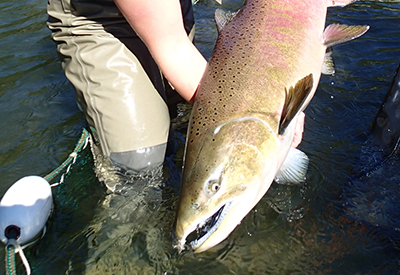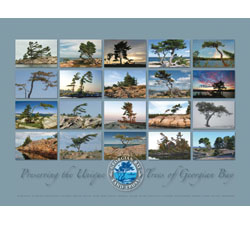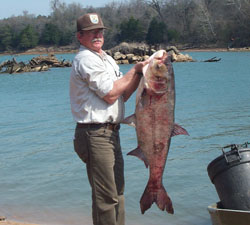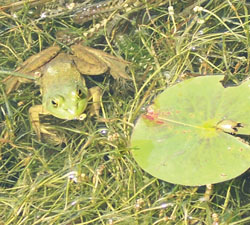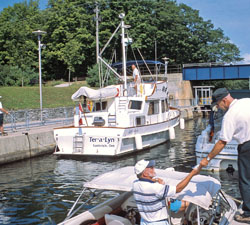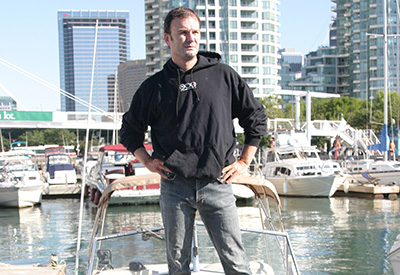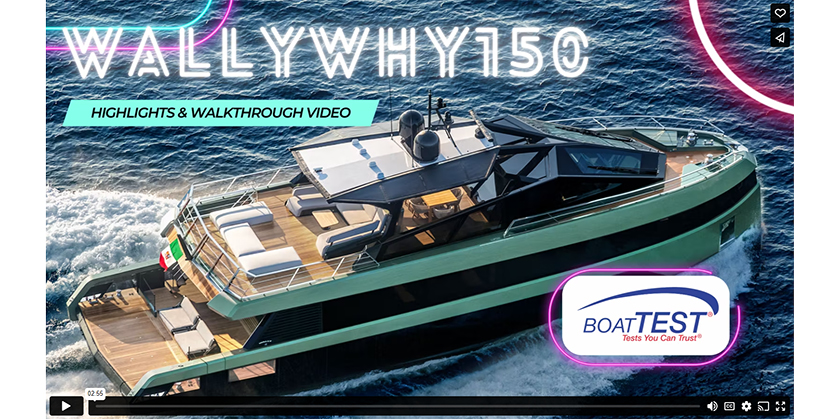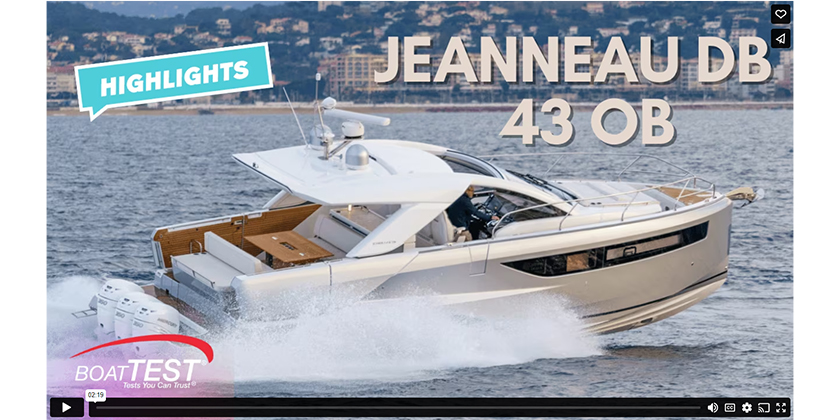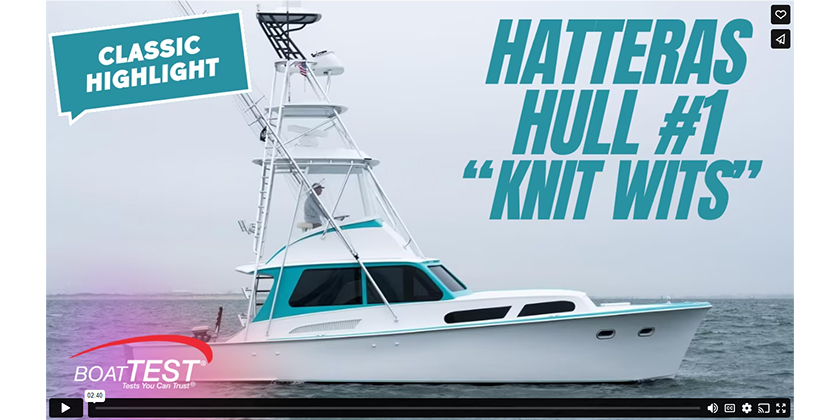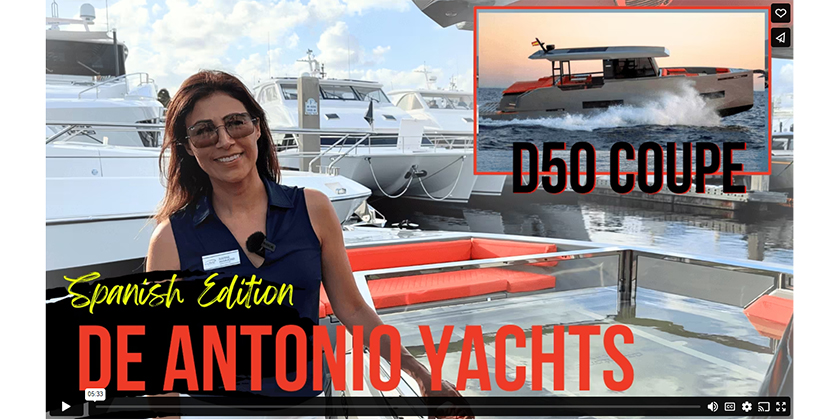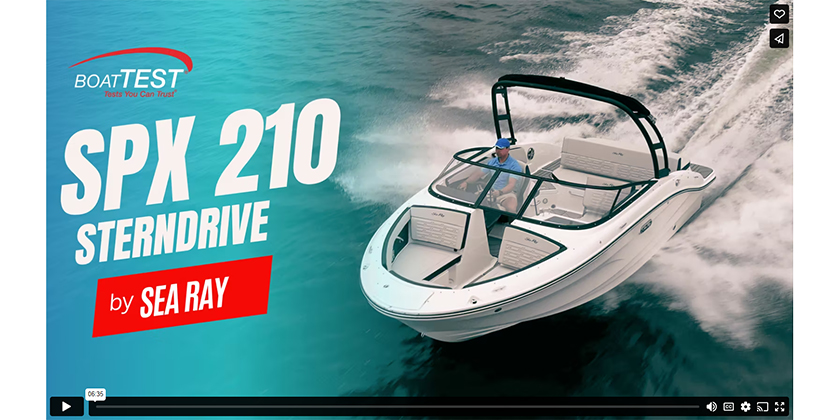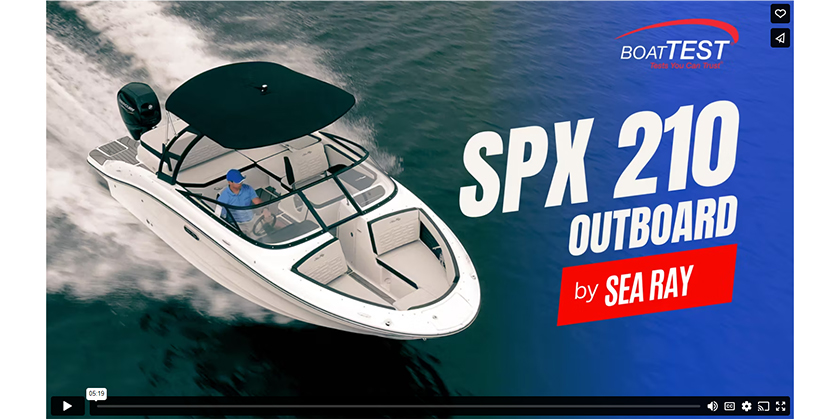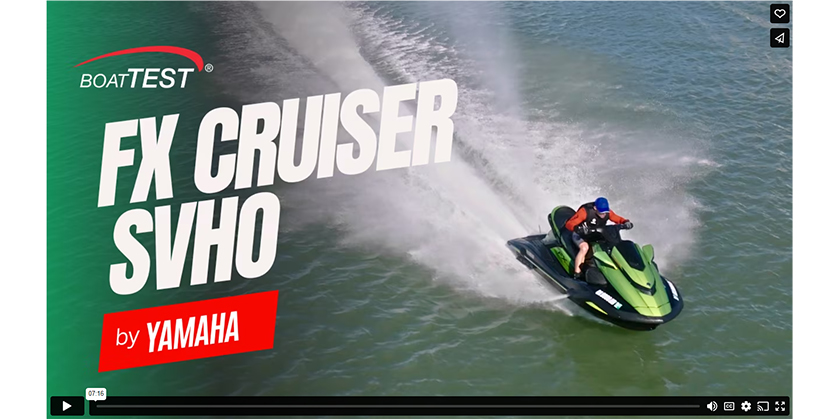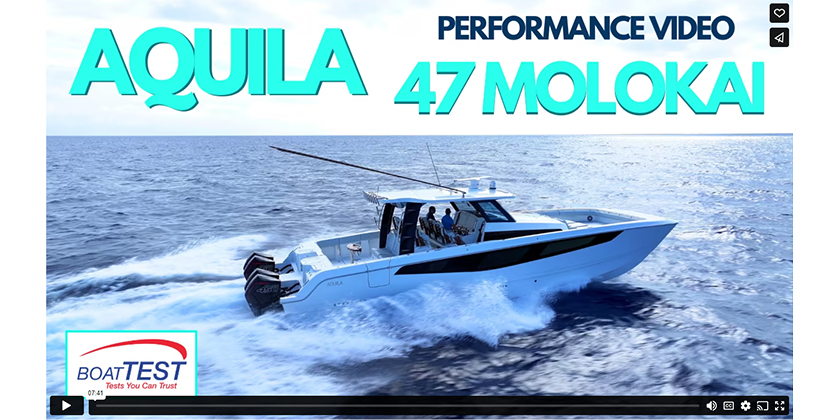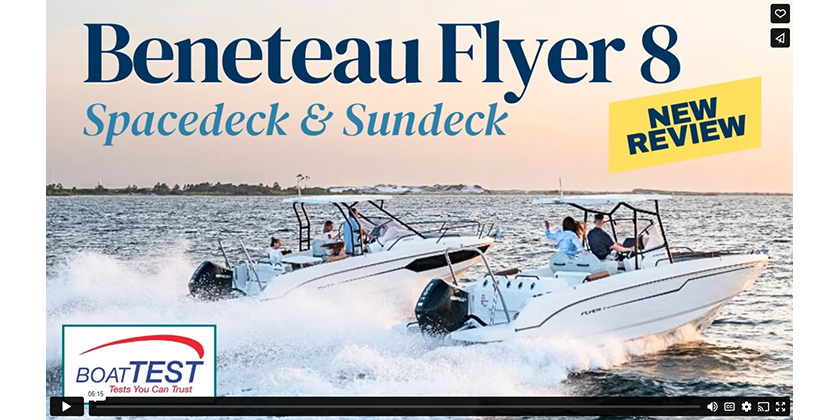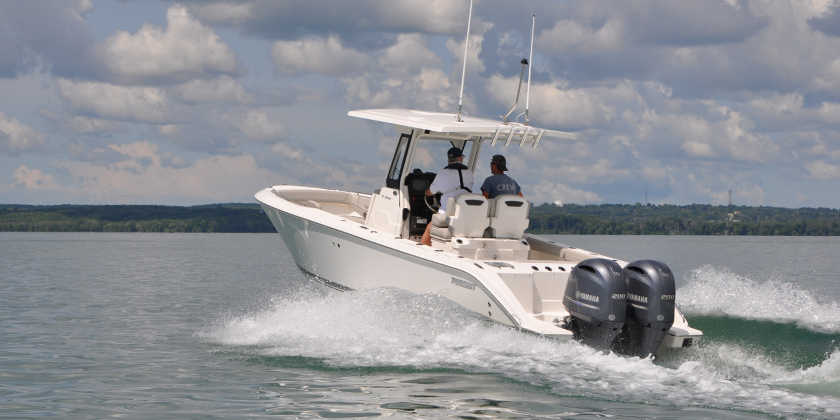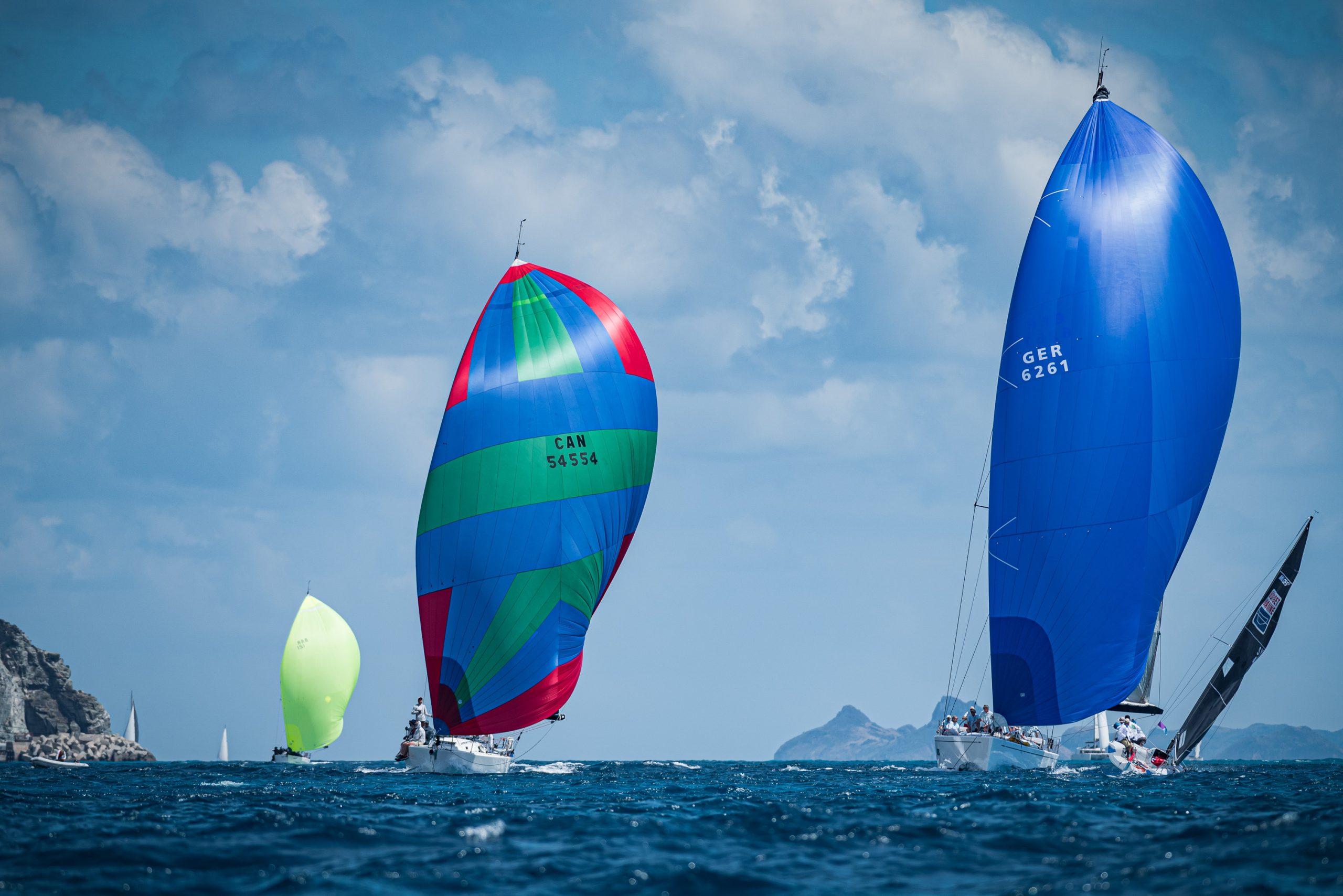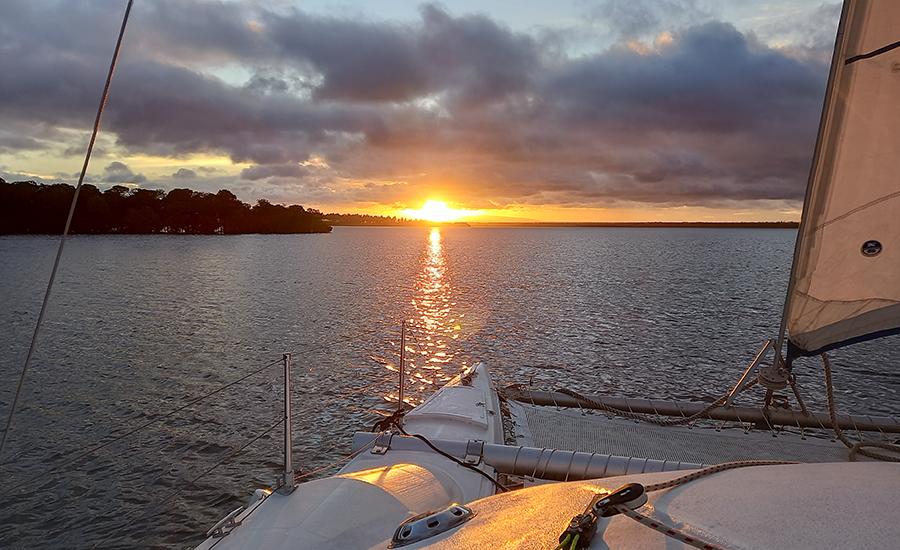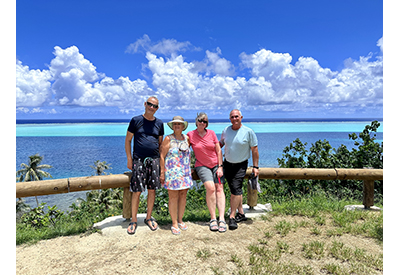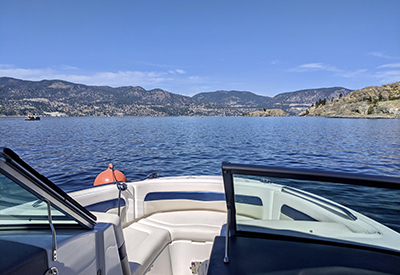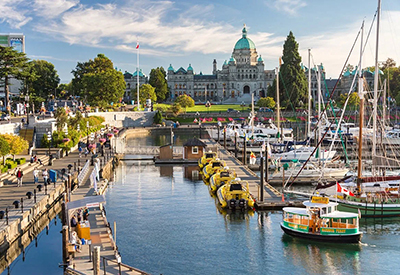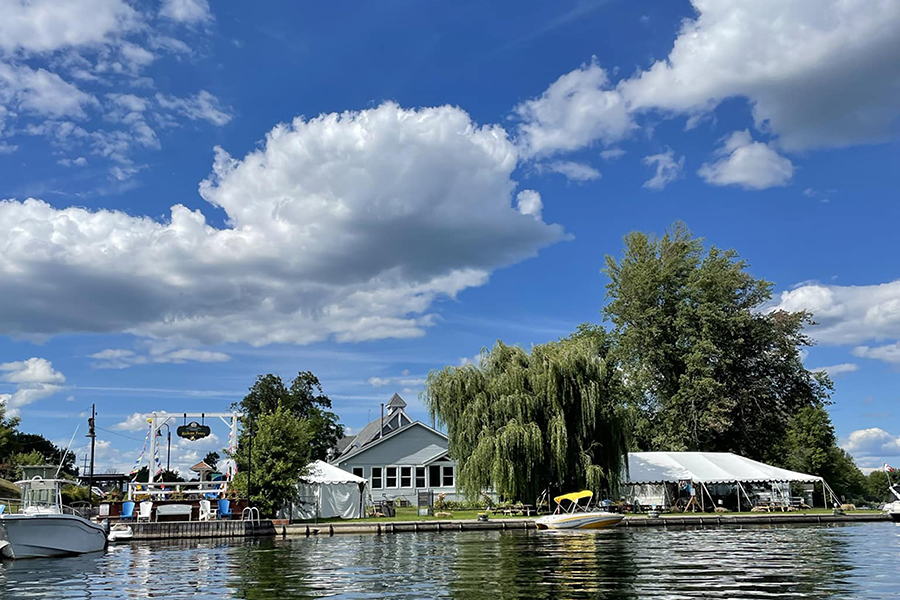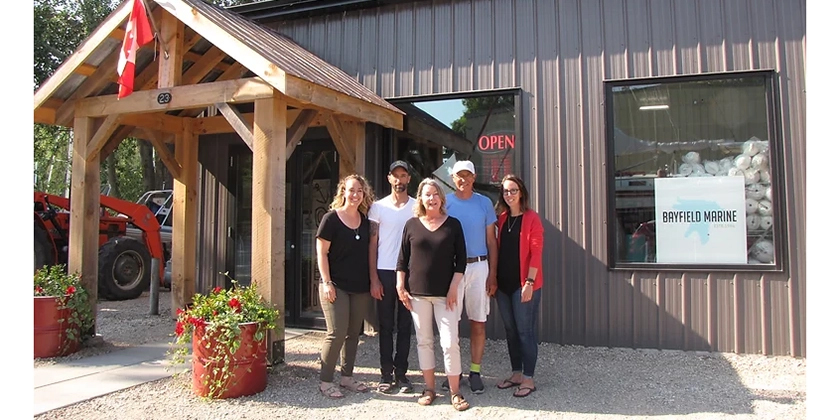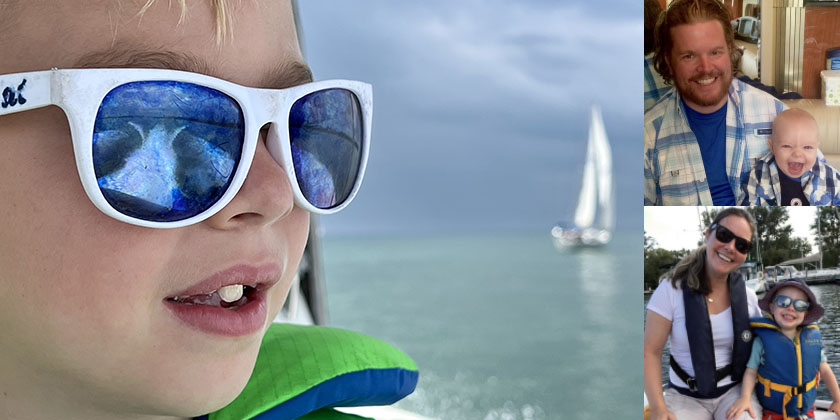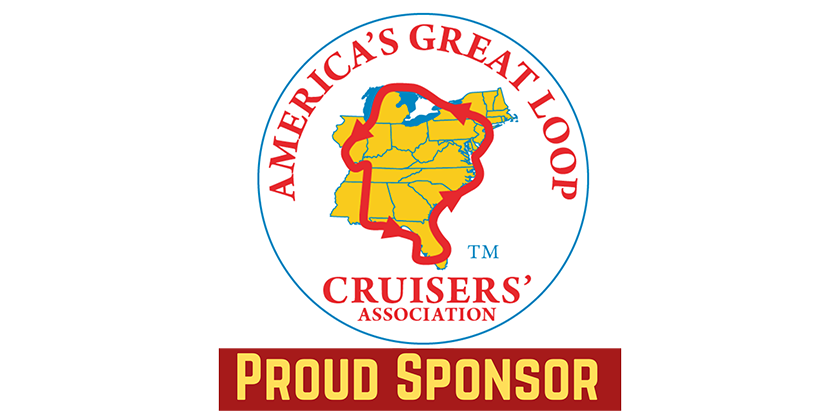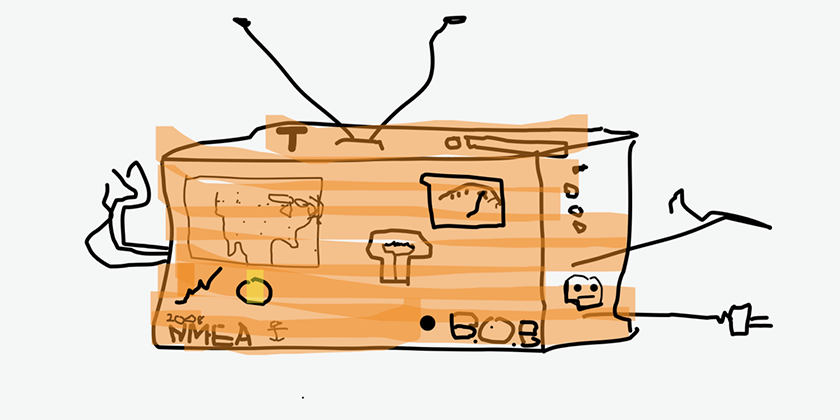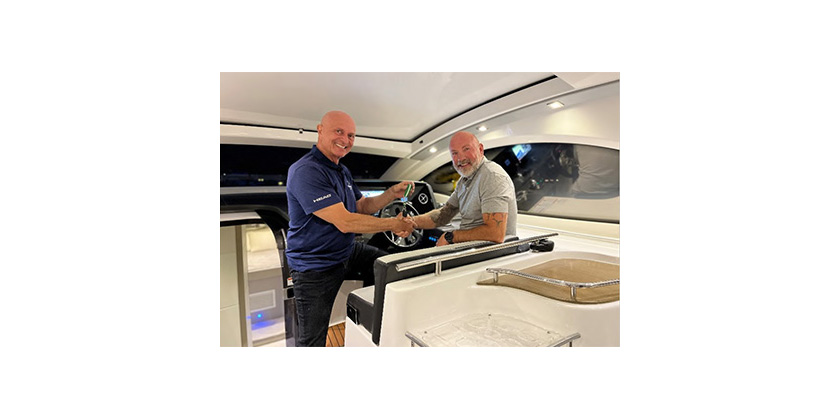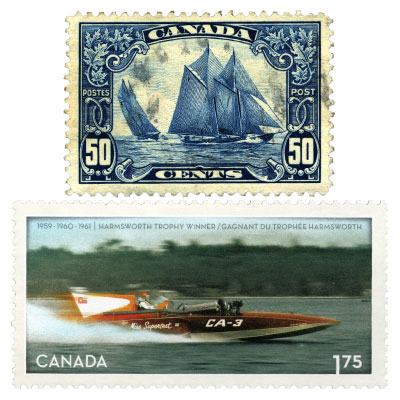The Small Ship Tour Operators Association of BC operators collect 127 tonnes of marine waste impacting the Great Bear Rainforest
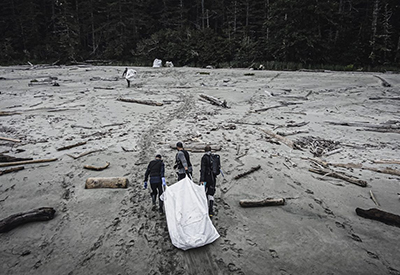
Oct 22, 2020
Photo by Simon Ager / Crew of the Swell.
The Marine Debris Recovery Initiative (MDRI), a collaboration with the Clean Coast, Clean Waters Fund (Ministry of Environment & Climate Change Strategy), the Small Ship Tour Operators Association of British Columbia (SSTOA) and Coastal First Nations, have completed a 6 weeks marine debris clean up expedition, covering over 1000 kilometers of remote coastline.
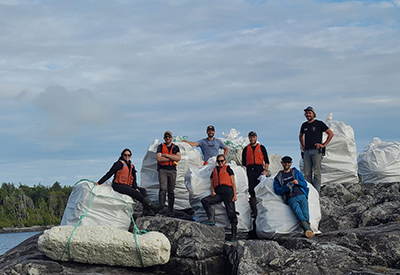
Bluewater Adventures photo by Eddy Savage
The expedition, administered by the Wilderness Tourism Association of BC and supported by the Commercial Bear Viewing Association of BC, was more than a sandy beach clean-up, with over 100 crew and Indigenous community members collecting 127 tonnes of marine debris washed up onto beaches.
Removing marine debris and plastics is a priority under the global Oceans Plastic Charter and the UN Sustainable Development Goals, to which Canada has committed. It’s a priority for Indigenous governments and communities, for sustaining ocean health and protecting community food harvests. Marine debris also poses threats to species at risk including fish, seabirds and marine mammal populations – and derelict fishing gear (also known as ghost gear) makes up almost half of all marine debris.
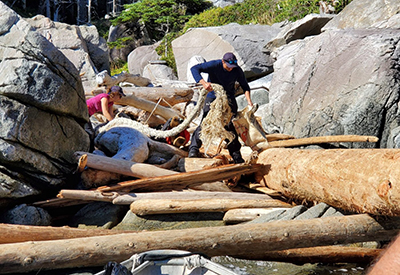 Ocean Adventures clean up
Ocean Adventures clean up
The Small Ship Tour Operators Association of BC (SSTOABC) is a coalition of 7 companies in British Columbia who all operate overnight nature tours from 5-10 days in duration. The members of the SSTOABC have informally collaborated for decades, as the model of these operators’ expeditions requires that they share access to places and resources with one another. They also work together to protect the coastal areas they operate in, develop best practices based on ecotourism, and collaborate on maritime regulations and other areas that are unique to overnight small ship tours.
Tourism ships normally loaded with adventure seekers heading to the Great Bear Rain Forest this time of year are now filling their hulls with plastic waste.
A fleet of nine boats has been combing about 1,000 kilometres of coastline along the ecologically sensitive home of the Spirit Bear, and expects to remove up to 100 tonnes of marine waste over the next several weeks. Marine debris will be taken to northern Vancouver Island for disposal in the Seven Mile Landfill.
It was an innovative project by the small-ship companies, which had to cancel their lucrative tourism seasons amid the pandemic.
“When it became clear we would not be able to operate under normal circumstances this summer and had to cancel a sold-out season, we turned our attention to the environment to give back to the coast that sustains us,” Kevin Smith, CEO of Victoria-based Maple Leaf Adventures and co-lead on the project with Russell Markel of Outer Shores Expeditions, said in a statement.
“We dreamed up an initiative for which there weren’t yet any dedicated resources. It’s been really rewarding to work with our colleagues on this, together as friends, not competitors. We also applaud the Wilderness Tourism Association, coast First Nations and the Province of B.C. for their support in helping clean up our oceans, a positive story for this unprecedented time.”
The cleanup is being paid for as part of the province’s COVID-19 stimulus funding and will provide work for more than 100 crew and guides on nine ships, from five B.C. ecotourism companies. It will also employ a tug and barge and helicopter. A related in-shore cleanup done by members of Coastal First Nations communities will employ another 75 people.
The crews include scientists who are collecting data on the debris to be used by the Environment Ministry.
The fleet started cleanup operations on Aug. 18.
Removing marine debris and plastics is a priority under the global Oceans Plastic Charter and the UN’s sustainable development goals. It’s a priority for Indigenous governments and communities to sustain ocean health and protect food harvest.
“In these trying and uncertain times, the proposal and initiative provides a rare opportunity and a good news story,” Doug Neasloss, stewardship director with the Kitasoo-Xai’Xais Nation, said in a statement. “Marine debris is an on-going challenge and a removal initiative of this scale — to clean up a large, remote coastline — is an undertaking that will provide significant environmental benefit to Kitasoo/Xai’Xais territory and beyond.”
The Great Bear Rainforest’s outer coast is strewn with reefs, far from roads and communities, making cleanups challenging.
The Small Ship Tour Operators Association said it has seen first-hand how marine debris can pile up on remote beaches, only to be washed out into the ocean again during the next big storm.

